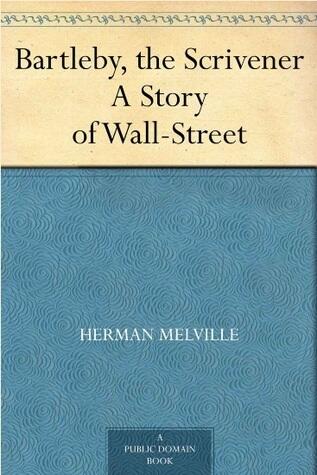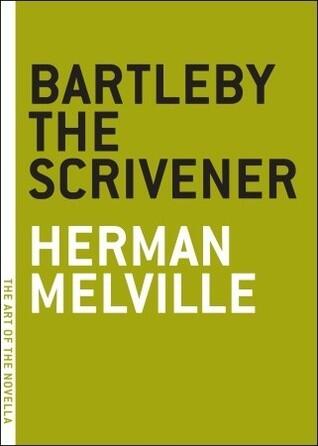
Preferiría no hacerlo: "Bartleby el escribiente" de Herman Melville seguido de tres ensayos sobre "Bartleby" de Gilles Deleuze, Giorgio Agamben y José Luis Pardo
هنوز رتبهبندی نشده است
Science Fiction
فرمت
جلد نرم
صفحات
192
زبان
انگلیسی
منتشر شده
Jan 1, 2005
ناشر
PRE TEXTOS
ISBN-10
849191689X
ISBN-13
9788491916895
توضیحات
This work explores the intriguing layers of Herman Melville's iconic short story through a collection of insightful essays by contemporary thinkers. Central to the discussion is the character Bartleby, whose silent resistance to the world around him captivates readers and prompts deep philosophical inquiry. Melville’s narrative reveals a striking contrast between brotherhood and charity, inviting reflections on the nature of companionship and human relations.
Gilles Deleuze’s essay delves into the metaphysical implications of Bartleby’s refusal, examining how this act of negation challenges societal norms and expectations. Giorgio Agamben contributes by drawing parallels between Bartleby's withdrawal and concepts of existence and ethics, further complicating our understanding of freedom and obligation. Meanwhile, José Luis Pardo brings a contemporary perspective, engaging with themes of alienation that resonate in today’s world.
The collection is rich with diverse interpretations that encourage readers to reconsider the boundaries of submission and resistance. José Manuel Benítez Ariza’s guiding commentary weaves together these complex ideas, creating a cohesive narrative that invites reflection on Melville’s enduring relevance. Each contribution reinforces the notion that within Bartleby’s simple mantra lies a profound commentary on the human condition, marking this work as essential reading for those seeking a deeper understanding of both Melville and modern thought.
Gilles Deleuze’s essay delves into the metaphysical implications of Bartleby’s refusal, examining how this act of negation challenges societal norms and expectations. Giorgio Agamben contributes by drawing parallels between Bartleby's withdrawal and concepts of existence and ethics, further complicating our understanding of freedom and obligation. Meanwhile, José Luis Pardo brings a contemporary perspective, engaging with themes of alienation that resonate in today’s world.
The collection is rich with diverse interpretations that encourage readers to reconsider the boundaries of submission and resistance. José Manuel Benítez Ariza’s guiding commentary weaves together these complex ideas, creating a cohesive narrative that invites reflection on Melville’s enduring relevance. Each contribution reinforces the notion that within Bartleby’s simple mantra lies a profound commentary on the human condition, marking this work as essential reading for those seeking a deeper understanding of both Melville and modern thought.
نقدها
هنوز نظری ثبت نشده است
اولین نفری باشید که این کتاب را نقد کرده و نظرات خود را به اشتراک میگذارید
اولین نقد را اضافه کنیدسابقه خواندن
گزارشهای خواندنی یافت نشد
برای مشاهده گزارشها در اینجا، شروع به ردیابی پیشرفت خواندن خود کنید
اضافه کردن اولین سابقه خواندن شمایادداشتها
گزارش تراکنشها
هیچ گزارش تراکنشی یافت نشد
برای مشاهده گزارشها در اینجا، شروع به ردیابی معاملات کتاب خود کنید
اضافه کردن اولین سابقه تراکنش شما
